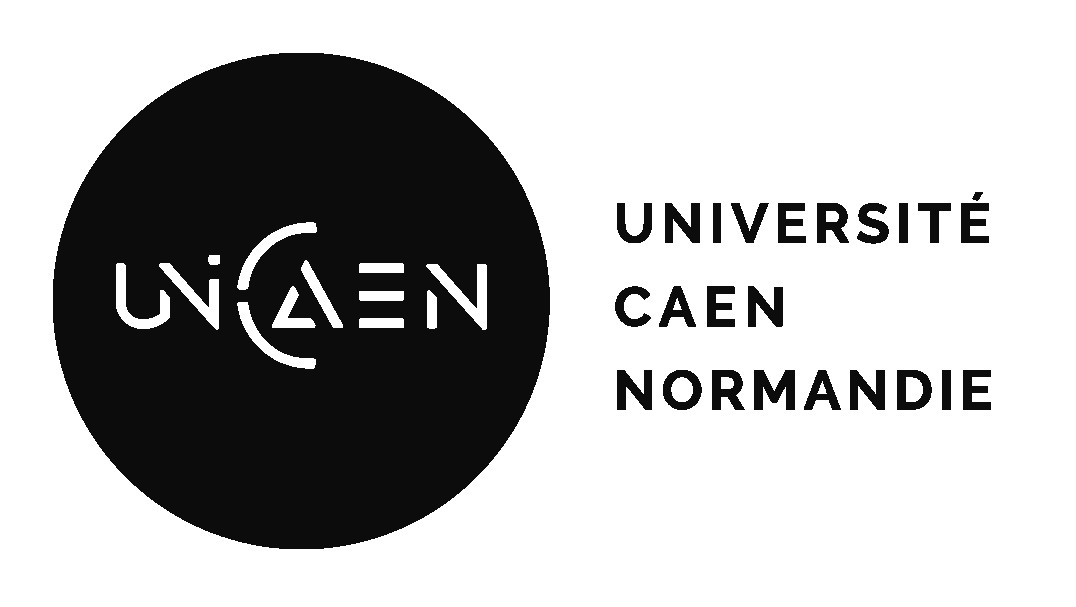Numéros
Index
Présentation
Quelle place pour les appareils nomades en contexte universitaire algérien ? Représentations et usages d’étudiants et enseignants universitaires
What place for nomadic devices in an Algerian university context? Representations and use of university students and teachers
Auteur(s)
Latifa Kadi , Laboratoire Interdisciplinaire de Pédagogie et Didactique (LIPED), Université Badji Mokhtar (UBMA), Annaba, Algérie
Résumé
Dans le présent article, nous nous intéressons à la notion d’apprentissage mobile, à ses enjeux dans les pays du Sud et aux facteurs d’acceptation ou de résistance face aux technologies de manière globale. Dans cette optique, nous visons à cerner les représentations d’enseignants et d’étudiants universitaires algériens quant à la notion d’apprentissage mobile, ainsi que les usages qu’ils ont des technologies mobiles dans un cadre privé et professionnel (d’enseignement ou d’études). Pour ce faire, nous avons construit et diffusé deux questionnaires : l’un adressé aux enseignants et l’autre aux étudiants. Les résultats obtenus indiquent qu’une majorité d’enseignants et d’étudiants est favorable à la mise en œuvre d’une approche d’apprentissage mobile au sein de l’université. S’agissant des usages, les enseignants ont tendance à utiliser un outil ou un autre selon la situation et la tâche à effectuer ; alors que les étudiants privilégient plutôt le smartphone comme outil « à tout faire ».
Abstract
In this article, we are interested in the concept of mobile learning, its challenges in southern countries and the factors of acceptance or resistance to technologies in a global way. In this perspective, we aim to identify the representations of Algerian university teachers and students on the concept of mobile learning, as well as their use of mobile technologies in a private and professional framework (teaching or studying). To do this, we made and distributed two questionnaires: one addressed to teachers and the other to students. The obtained results indicate that a majority of teachers and students are favorable to the implementation of a mobile learning approach within the university. When it comes to use, teachers tend to use one tool or another depending on the situation and the task at hand; while students prefer the smartphone as a “do-it-all” tool.
Téléchargement
Pour citer ce document
ISSN 2110-5324
Revue électronique internationale publiée par l'IFIC et l'Université de Caen.
ISSN 2110-5324.


